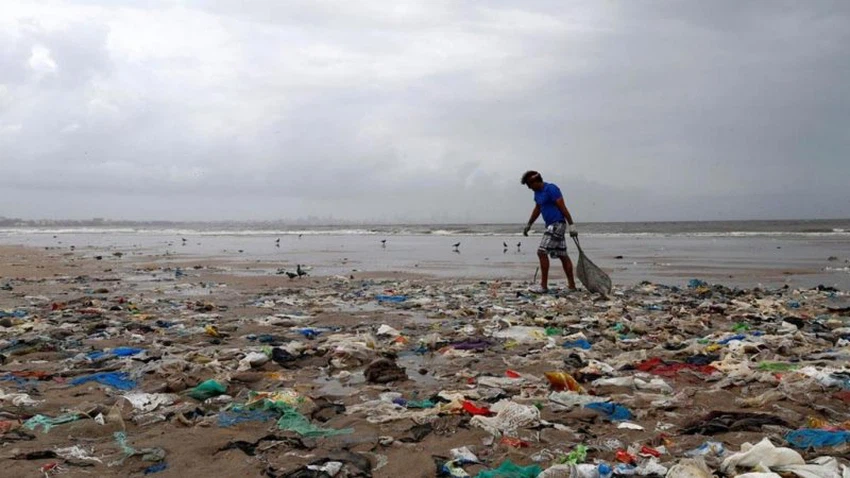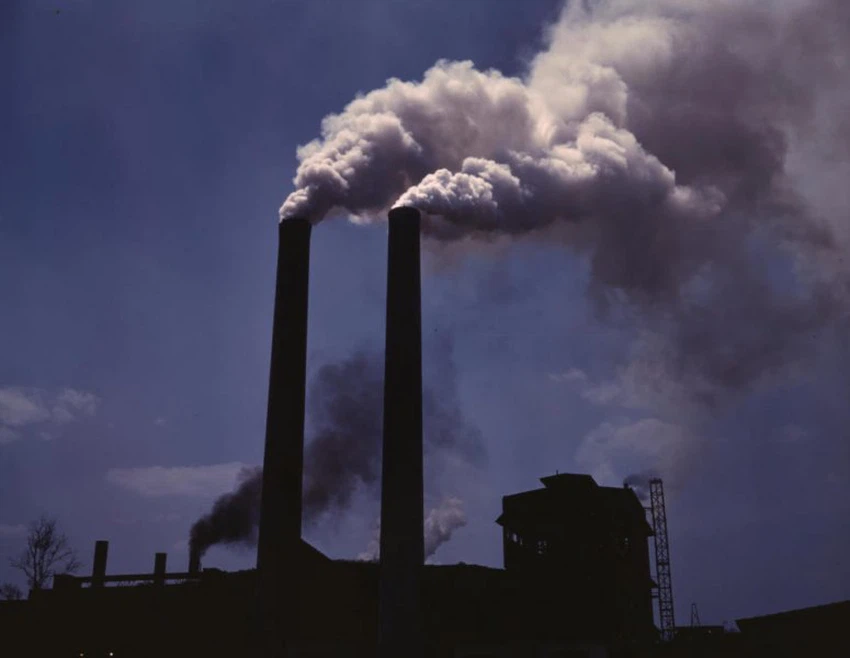Arab Environment Day..the most prominent environmental problems and challenges facing the Arab world
Arab Weather - On October 14, 1986, the Council of the League of Arab States met in the Tunisian capital, and issued its decision at the time to establish the Council of Arab Ministers responsible for environmental affairs.
Because of the importance of this decision, which makes the Arab world, along with the rest of the other world countries, in the face of environmental problems that threaten our planet Earth, the date of 14 October was considered an Arab Environment Day.
Objectives of the Arab Environment Day
The Arab Environment Day aims to raise awareness of the environmental challenges and problems facing the region, and intensify Arab cooperation efforts in all aspects of the environment in our countries, in order to find real solutions to environmental problems that are constantly increasing at the global level day by day.
Environmental challenges faced by Arab countries
The Arab countries and the world face many environmental problems, the most important of which are:
desertification
Desertification is a global phenomenon that has worsened during the past three decades, and the African continent is the most affected by it. The Arab world suffers greatly from desertification because it falls within the desert and semi-desert range. In the State of Kuwait, for example, the percentage of desert and arid lands reaches about 90% of the country's area.
Environmental problems in all their forms and causes lead to a shrinking of green spaces on the planet, and the emergence of the problem of desertification clearly, in addition to the high intensity of drought, forest fires and the encroachment of sand dunes on agricultural lands.
Human causes also contribute significantly to the exacerbation of the problem of desertification , including: population growth and wrong environmental practices such as overgrazing, deforestation, mining activities, diversion of water courses, filling or drying of water bodies, and so on.
Pollution of water sources and large bodies of water
The pollution of water sources is one of the most serious environmental problems, and one of the reasons for its occurrence is the excessive use of fertilizers and pesticides, which negatively affect these sources. In addition to directing wastewater streams and harmful chemical waste in large cities, towards natural sources of water such as rivers, which contribute to the spread of deadly diseases and epidemics, which threaten entire peoples with the risk of death or starvation.
It forms large bodies of water such as oceans and seas. many coasts of our Arab countries. Day after day, the level of pollution is increasing at unprecedented rates as a result of industrial, chemical and food waste that factories dump in these areas.

Thermal pollution and ocean acidification
Thermal pollution problem This problem results from a sudden rise or decrease in the temperature of water bodies, and this causes a change in the level of oxygen, and heat causes damage to marine organisms, which leads to the disruption of environmental systems.
As for the acidification of the oceans, it results from an increase in the concentration of carbon dioxide in the ocean waters, and this would increase the acidity of the oceans and cause damage to plankton and oysters and cause fragility in their shells.
The lack of biodiversity and ecological imbalance
Some living organisms are at risk of extinction and some have already become extinct, which has caused a loss of biodiversity, which has disrupted ecosystems, mainly because of land degradation, overfishing, and the presence of alien species on the ecosystem.
The environmental imbalance is also one of the international problems that represent an obstacle for the countries of the world, especially the industrial countries, where industrial changes and the expansion of chemical and atomic industries and other industries have caused damage to environmental systems and disrupted their balance.
energy resources
Factories, large institutions, and even societies and individuals depend on consuming traditional sources of energy and burning more fossil fuels, which leaves toxic and deadly gases in the atmosphere, contributing to a noticeable rise in global temperature, and increases the problems of global warming and global warming, which Threatens other disasters.

Global warming and climate change
The Arab region is one of the regions most affected by climate change. Rising temperatures and extreme heat waves lead to water scarcity and drought that poses a constant threat to food and water security, with many Arab countries facing periods of severe water shortages during the summer months and some of them having few hours of water supply during the day.
Lack of environmental awareness and increased consumerism
The lack of environmental awareness has led to the exploitation and harm of the environment. This ranges from illegal fishing activities, plastic pollution in coastal habitats, human-caused wildfires, and illegal groundwater wells to unregulated urbanization. Pollution, resource mismanagement and increased consumption are increasing pressure on available resources and ecosystem services. can be used.
Arab initiatives to solve environmental problems
Some Arab environmental initiatives are a glimmer of hope to put an end to these problems, as the Arab countries today include a number of clean, environmentally friendly cities, including "Masdar" in the UAE capital Abu Dhabi, which is considered one of the most sustainable cities, in addition to being a center for renewable energy and clean, environmentally friendly technologies.
Finally:
No region in the world is immune from environmental challenges, but those facing the Arab world are challenges of a particularly severe nature. Although the Arab region is rich in some natural resources, it faces a serious deficit in other resources such as water and agricultural land needed to support growth requirements. Taking into account population growth, environmental degradation in the past and present, and the impact of climate change, this deepens the importance of caring for the environment and its resources to support the lives of current and future generations in the Arab world.
Arabia Weather App
Download the app to receive weather notifications and more..



